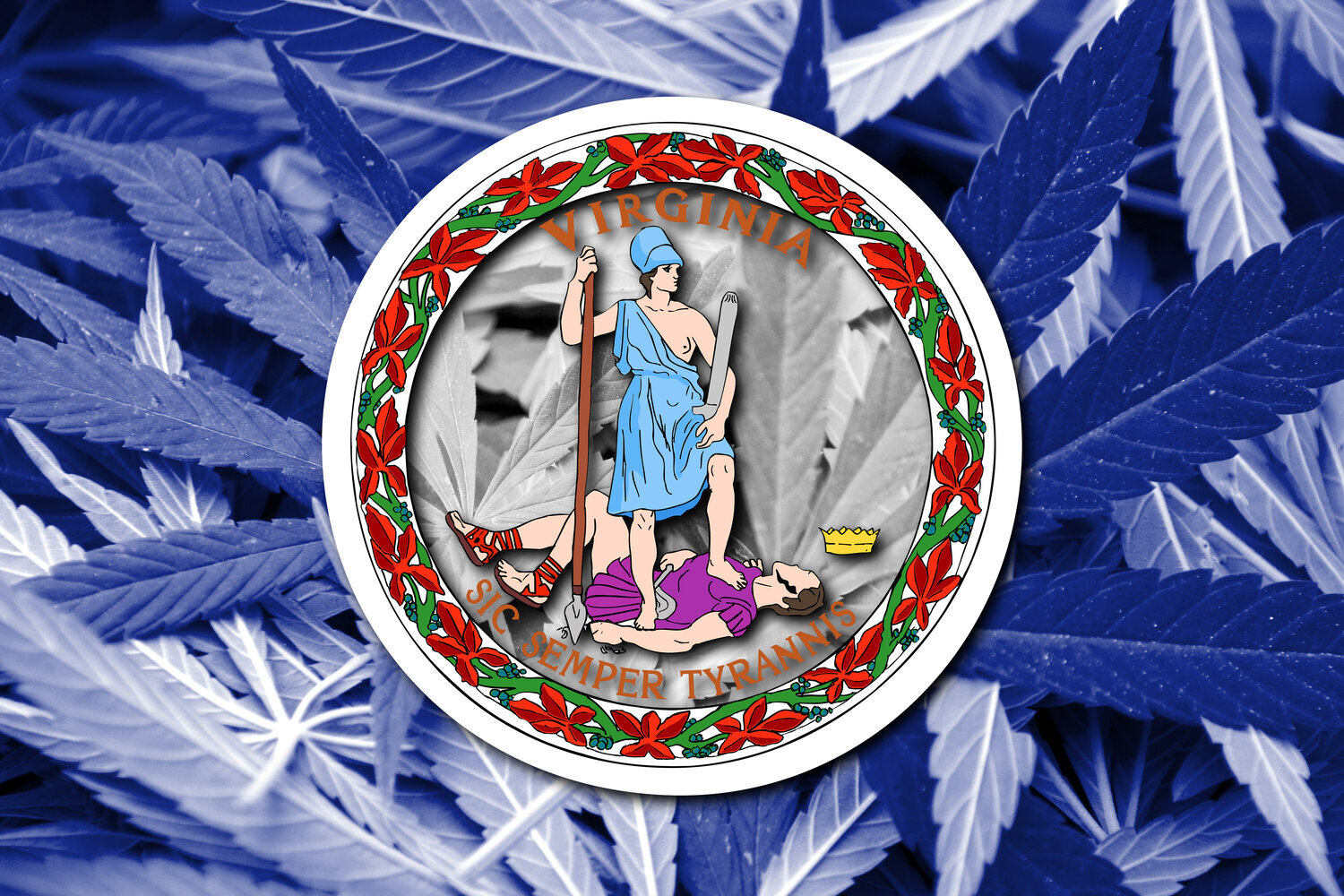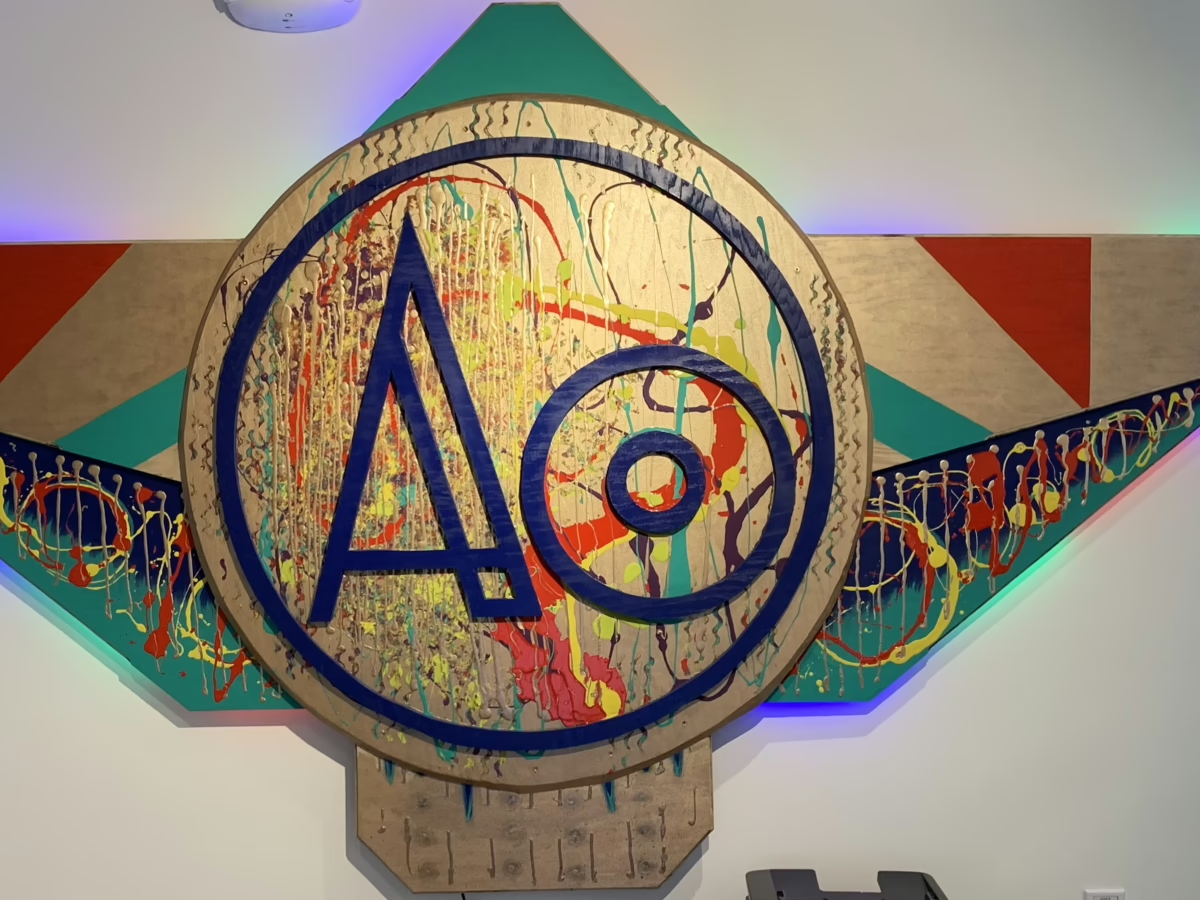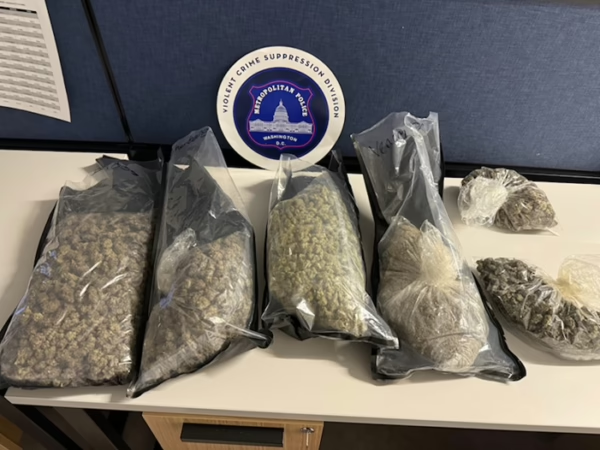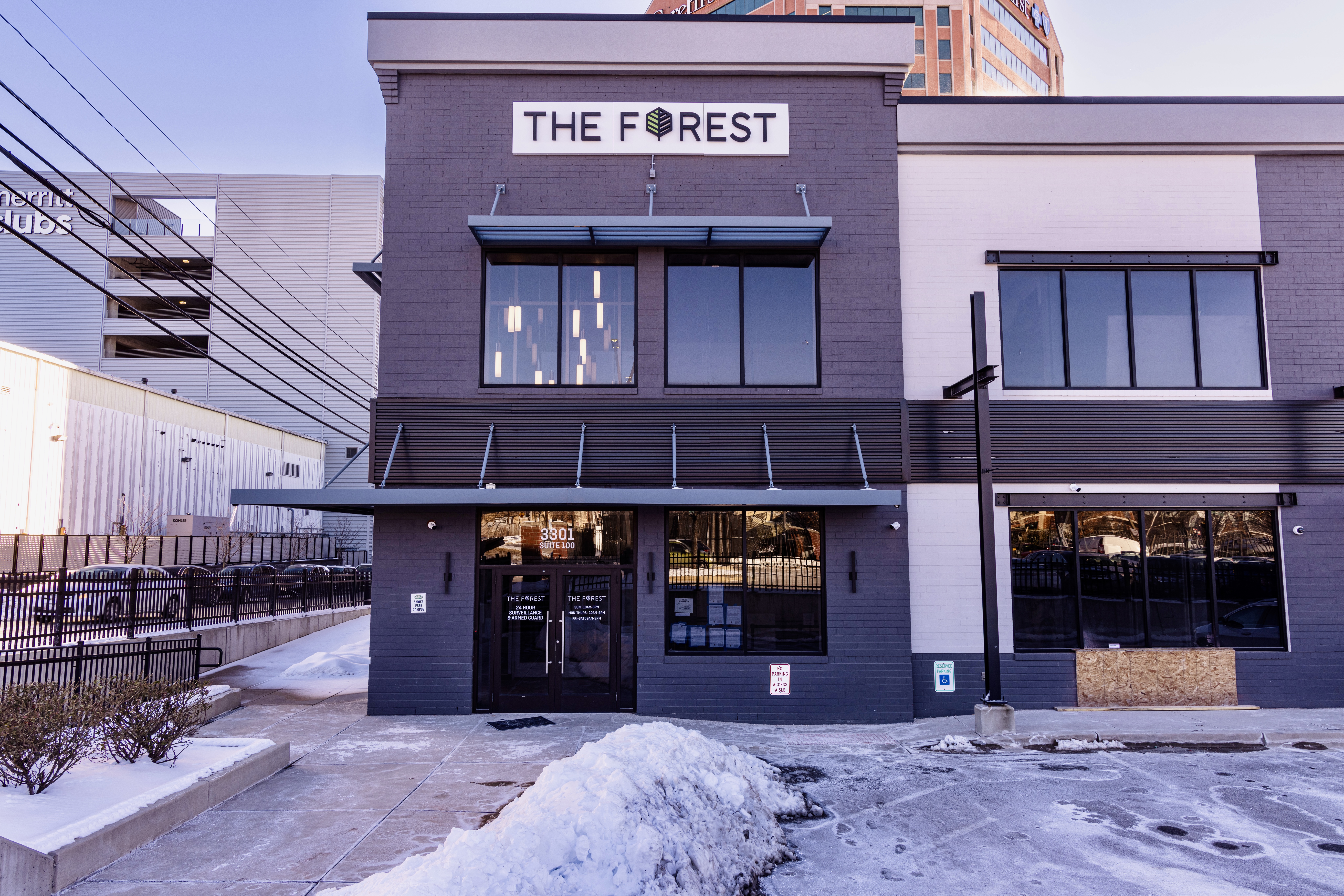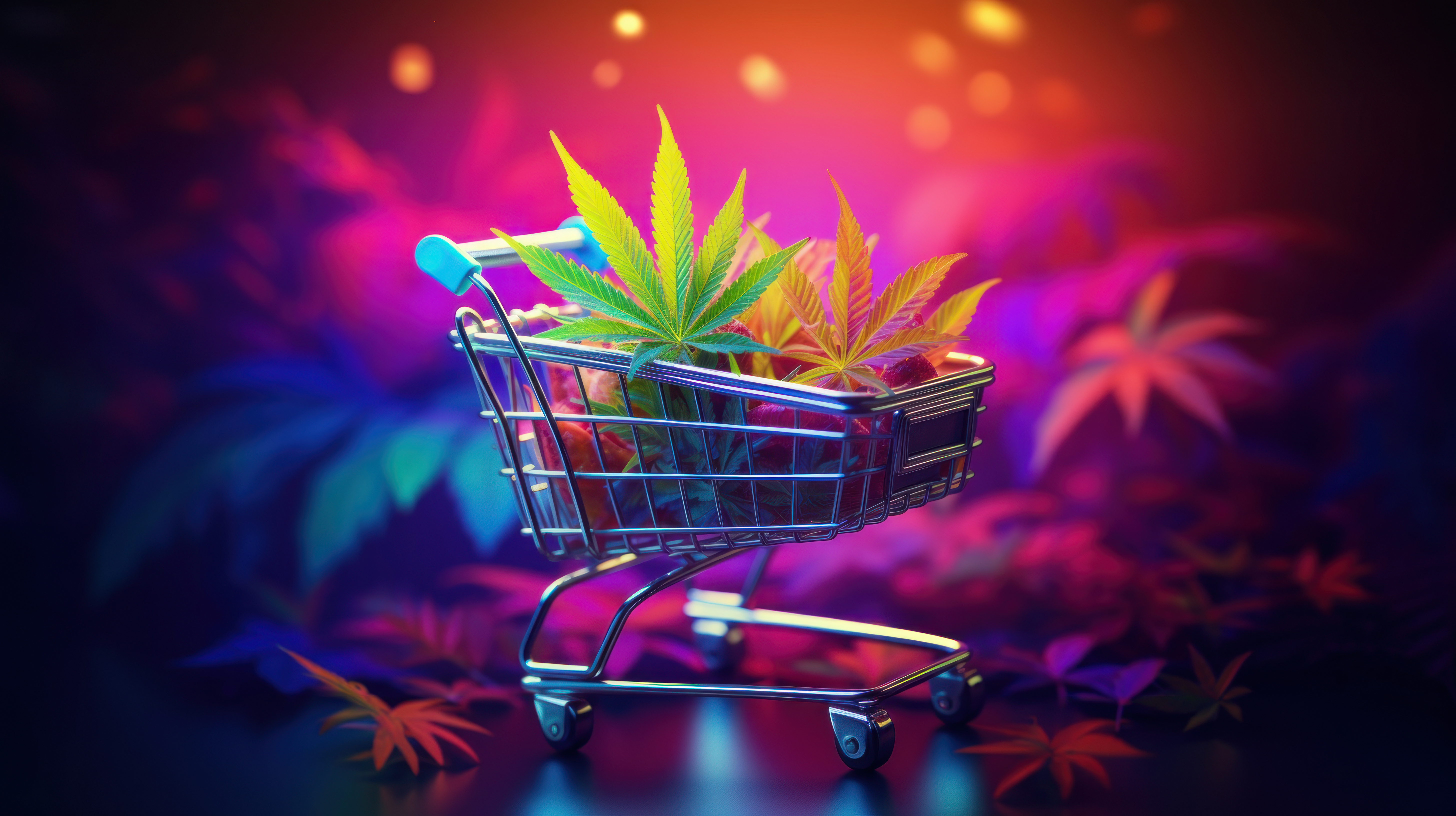Just because Virginia’s cannabis decriminalization has gone into effect, it doesn’t mean the push for cannabis legalization for recreational adult-use has slowed. While passing decriminalization also included a provision to ensure a study about legalization would happen (two different reports on the topic are due later this year), many want legalization to happen sooner and are framing it as a criminal justice reform issue made more urgent following the police killing of George Floyd.
Back in 2017, Virginia Governor Ralph Northam framed decriminalization as a criminal justice issue, running on cannabis reform, but Northam has been hesitant to embrace legalization the way he embraced decriminalization. In fact, when he approved decriminalization he pushed for a one-year delay to the timeline for reports on legalization. Legislators refused to wait until 2021 to look into legalization.
In other words, decriminalization is not enough. Jenn Michelle Pedini of Virginia National Organization for the Reform of Marijuana Laws praised the decriminalization effort and stressed the importance of legalization.
“While we applaud Governor Northam, his administration, and the legislature for taking this important first step, it’s critical the legislature work swiftly to legalize and regulate the responsible use of cannabis by adults,” Pedine said in a statement. “For too long, young people, poor people, and people of color have disproportionately been impacted by cannabis criminalization, and lawmakers must take immediate steps to right these past wrongs and to undo the damage that prohibition has waged upon hundreds of thousands of Virginians.”
Even when Northam connected cannabis reform to this current moment of racial reckoning, he did not invoke cannabis legalization: “We need to right historical inequities in education, health, access to business opportunities,” Northam said last month. “That work includes expanding Medicaid, putting in place historic funding for new mothers, reforming criminal justice, decriminalizing marijuana, making it easier to vote, ending the holiday celebrating Confederate generals, etc. We’re going to keep working even harder.”
According to NORML, police in Virginia made nearly 30,000 cannabis arrests in 2018. And as the American Civil Liberties Union (ACLU) reported, a Black person in Virginia is 3.4 times more likely to be arrested for cannabis possession than a White person and 51 of Virginia’s 95 counties have a racial disparity rate higher than the national average where a Black person is 3.6 times more likely to be busted for cannabis than a White person. In Baltimore, a majority Black city in Maryland, a state that had decriminalization of cannabis since 2014, it was revealed that even with decriminalization, 96% of the people arrested for cannabis were Black.
Back in June, members of Virginia’s Black Legislative Caucus announced that it wanted a special legislative session to consider cannabis legalization, among other racial equity issues, next month. On June 24, Virginia’s Black Legislative Caucus—consisting of 23 Black members of Virginia’s General Assembly—released its priorities for the special session, all of which were framed around police brutality and corruption. “The Commonwealth is past the point for studies on policing and law enforcement—immediate action must be taken to eliminate law enforcement abuse, prevent and punish racist behaviors, weed out institutional discrimination, and increase accountability at all levels of law enforcement,” the press release read.
Included among a number of proposals, was a section labelled, “Continue the Fight for Criminal Justice Reform,” that included, “implementing automatic expungement,” “reinstituting parole,” “passing cash bail reform,” “increasing good behavior sentence credits,” and “legalizing marijuana.”
Image by Lukasz Stefanski / via Shutterstock
